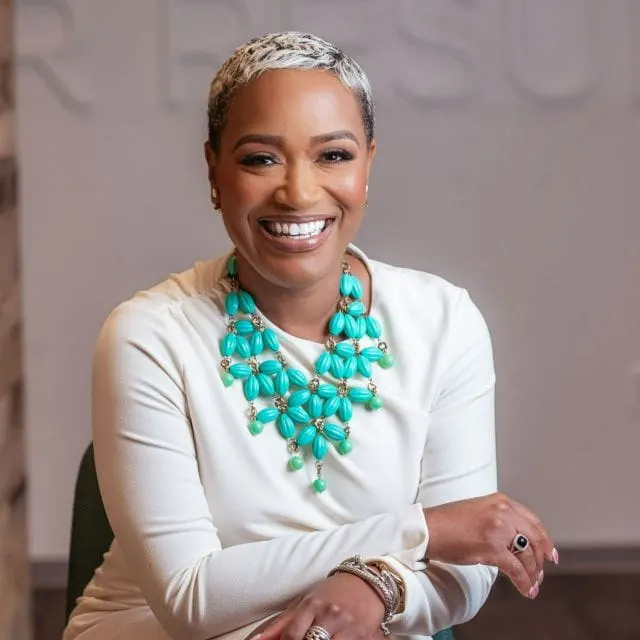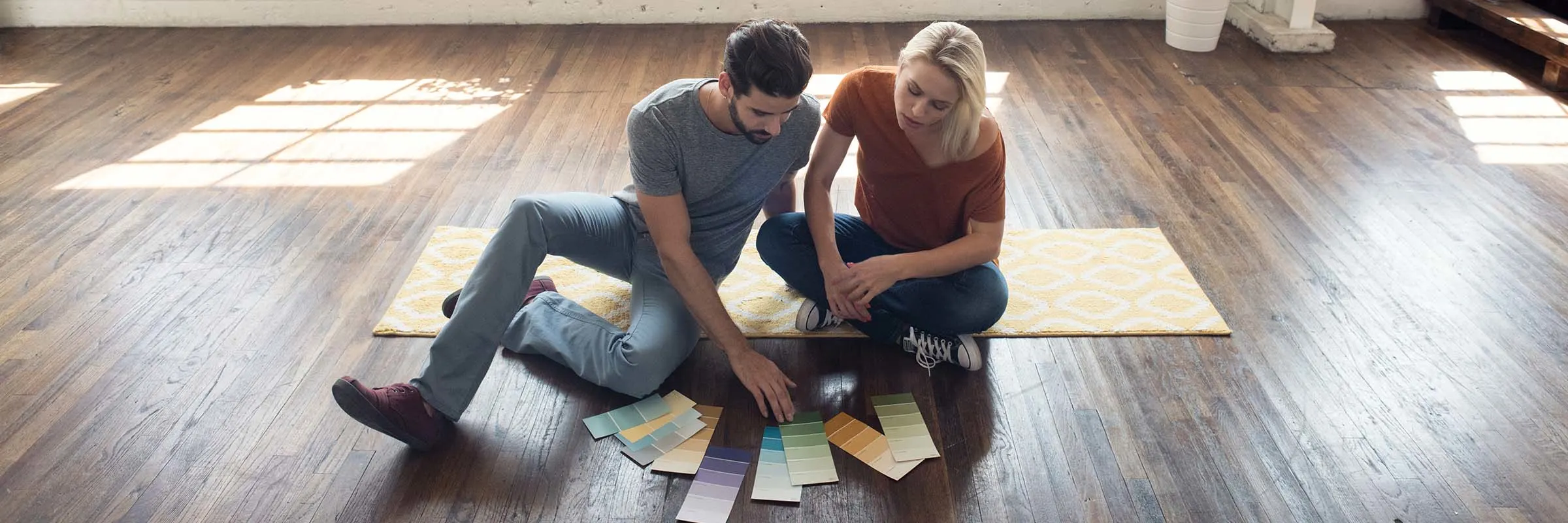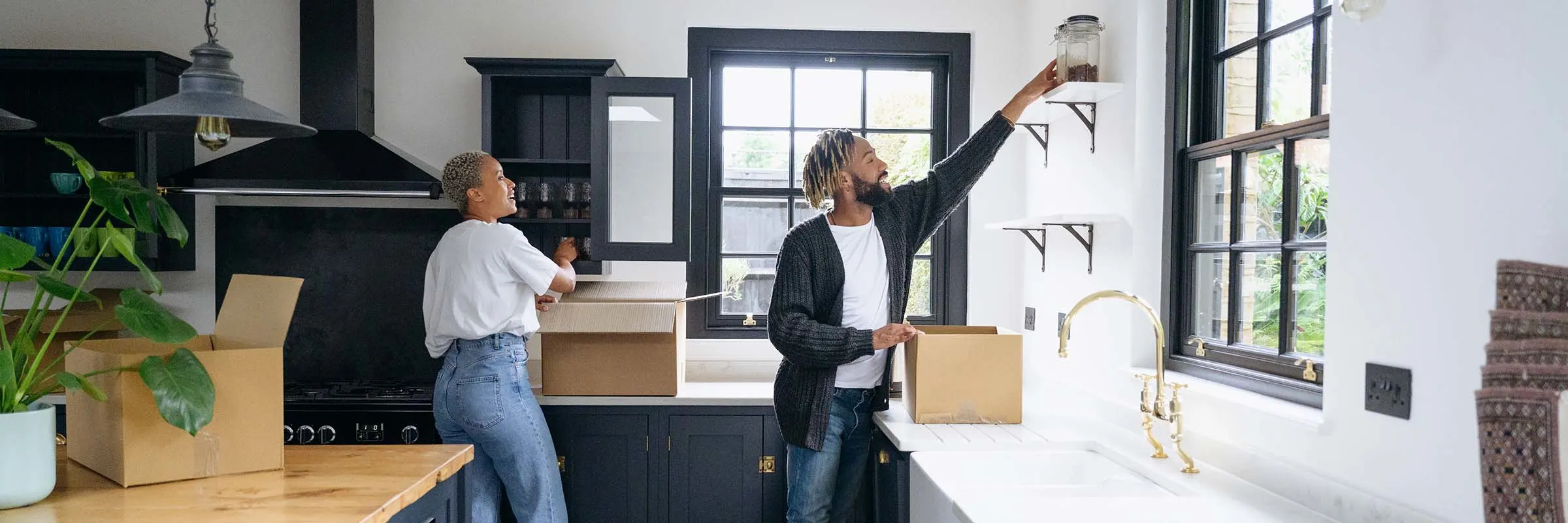What we'll cover
Expert insights to help with homebuying
Tips to navigate the housing market
Ways to minimize money stress
Even with perfect market conditions, house hunting can stir up a lot of strong feelings. Between changing mortgage interest rates and actually finding a home that fits your needs, homebuying can be stressful. How can prospective homeowners navigate the ever-evolving market conditions?
We spoke with Head of Money Wellness Jack Howard for her insights on how to handle the anxieties that can come with buying a new house.
Read more: Take the stress out of finding the right mortgage.
How can homebuyers best deal with high interest rates?
As a home shopper, it can be helpful to first explore why you are buying a home. Is it because it’s expected of you, or are there other reasons driving your decision? According to the Fannie Mae Home Purchase Sentiment Index, 58% of the people who responded to the survey in January 2024 said they think it would be hard for them to get a mortgage today. If that sounds like you, maybe you can take solace in knowing you’re not alone and take time to dial in to what matters most to you.
In addition, understanding your money story — the experiences that brought you to your financial present — can help you better understand what's causing any anxieties and find ways to manage them.
Do you have tips for first-time homebuyers facing these stressors?
Keep that big picture in mind to battle those homebuying nerves. In fact, before you begin the process, it can be helpful to write down your ultimate financial goals. Maybe it's building wealth or putting down roots for your family. Whatever it is, write it down and keep it somewhere you'll see it as you proceed through the homebuying process. That simple reminder can help you refocus when you get overwhelmed by the details.
Keep that big picture in mind to battle those homebuying nerves.
What about those debating whether to rent or buy?
Are you hesitant to buy because you're so focused on saving up money that you're worried about making a big purchase? Or are you more of a person who lives in the moment? Understanding your money mindset, or how you think about money, can help you better understand the emotions that might be behind any trepidation you have about buying or continuing to rent.
Any last words of wisdom for stressed-out homebuyers?
Finding your new home can bring up a lot of emotions. Taking the time to identify the why behind those money moments of tension can help you better navigate those financial stressors today and down the road.




